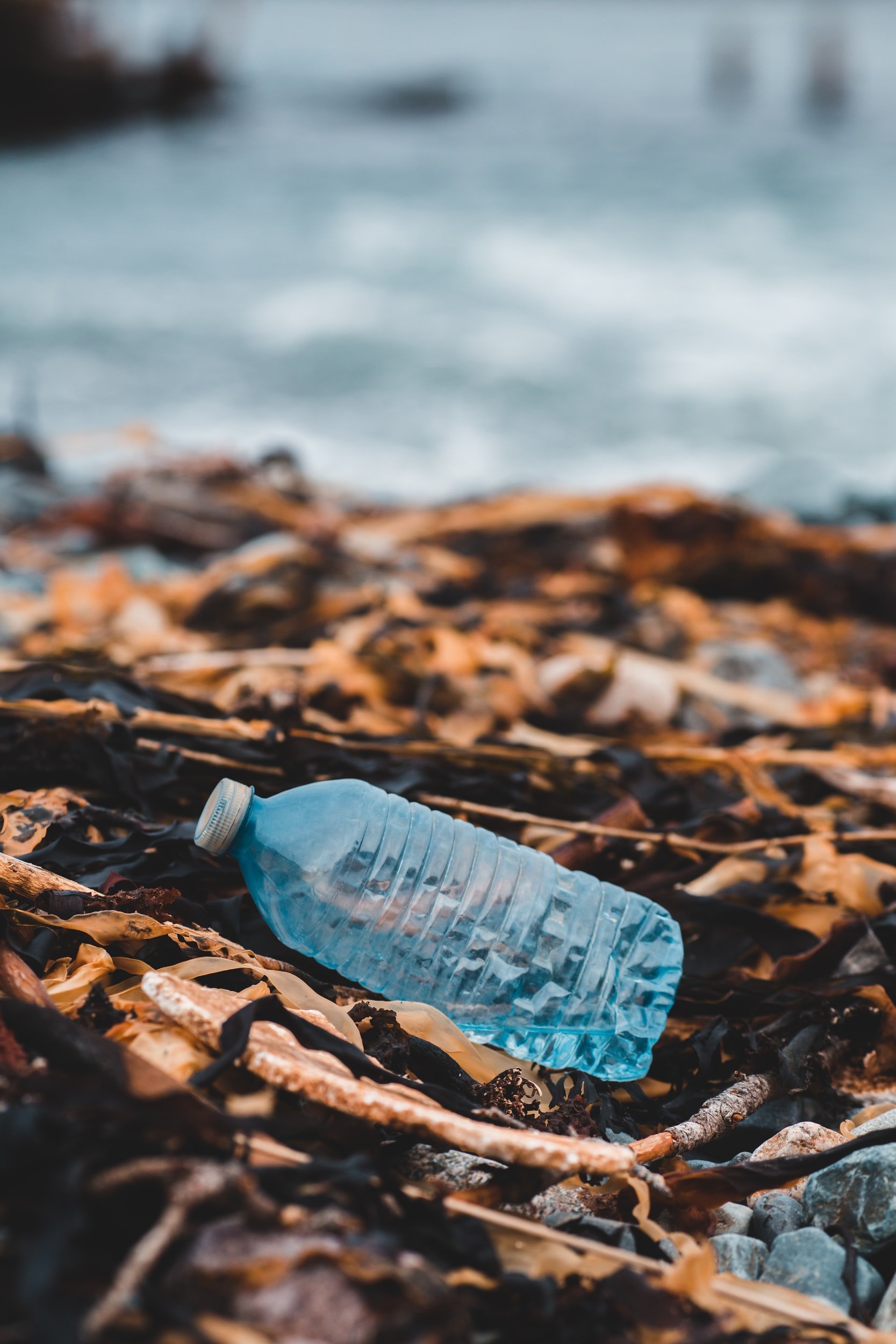If you’ve left the house anytime in the last few years, or even just stayed home and ordered takeout, you’ve probably encountered a fair amount of single-use plastic. Made from petroleum or natural gas, single-use plastic has become wildly popular over the last few decades as a culture of convenience has taken over. In fact, half the plastic ever produced has been produced since 2004. And no, that is not a typo.
Plastic is created out of fossil fuel-derived synthetic polymers. So not only does the harvesting of oil to create the plastic contribute to carbon dioxide emissions, the actual process of plastic manufacturing releases chemical fumes that have been linked to numerous health problems for workers and those living near plastic production facilities.
One of the biggest problems with plastic is that it does not biodegrade. Once it is created – out of fossil fuel-derived synthetic polymers – it stays in the environment, and either takes up space in landfills, or worse, becomes pollution that ends up in the wild and in our waterways. You may have heard the frightening yet valid prediction that there will be more plastic than fish in the ocean by 2050.
Beyond single-use cups, containers, bottles, caps, lids, and straws, there has also been a proliferation of intended-for-reuse hard plastic cups and containers. Though they may not be designed for single-use, they often warp or break after just a handful of uses, rendering them essentially useless and destined for the landfill or storm drain. Unfortunately, we cannot solve a plastic problem with a plastic solution.
We have also learned the hard way that we can’t recycle our way out of this problem: Less than 10% of the plastic ever produced has been recycled. It takes an enormous amount of energy to recycle plastic, and the cost and complexity of cleaning and sorting most categories of plastics in order to recycle and repurpose them has evaded us thus far.
Beyond being a threat to our environment, plastic use also poses significant health risks. Already, scientists have found that we consume plastic in the fish we eat, and even in the air we breathe. Even if we don’t eat fish (or try not to breathe too deeply,) we interact so frequently with plastics (water bottles, cups, disposable food containers and utensils, etc.) that the chemicals in that plastic may well be absorbed into our bloodstream. According to Harvard Health Publishing, a publication of Harvard Medical School:
>
“Studies have found that certain chemicals in plastic can leach into the food and beverages we eat. Some have been linked to health problems such as obesity and reduced fertility. This leaching can occur to a greater degree when plastic is exposed to heat.”
This means that microwaving food in plastic, or eating hot food that has been stored in plastic takeout containers, poses serious health risks. Moreover, putting plastic containers in the dishwasher is also unsafe.
While plastic does have important applications (such as in medical devices, appliances, construction and machinery,) its application as a day-to-day material of convenience has had disastrous consequences. And while the monetary cost of plastic may be cheap, its costs to our health and our planet are stratospheric.
There is hope for a future that is not overwhelmed by plastic. And that future rests on responsible reuse. At USEFULL, we provide stainless steel products that are each designed to be reused over a thousand times, and can be fully recycled at the end of their life. Our products are durable and safe for hot food and beverages, while keeping them at their intended temperature for hours. What’s more, we strive to source recycled stainless steel during our manufacturing process. Get in touch to learn more about how we can be a partner on your journey to zero waste!
https://www.health.harvard.edu/staying-healthy/is-plastic-a-threat-to-your-health
By Olivia Kelly, Director of Strategic Growth








